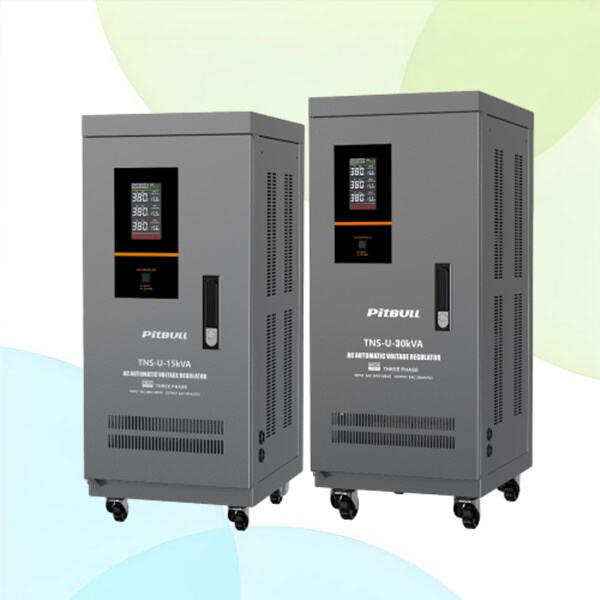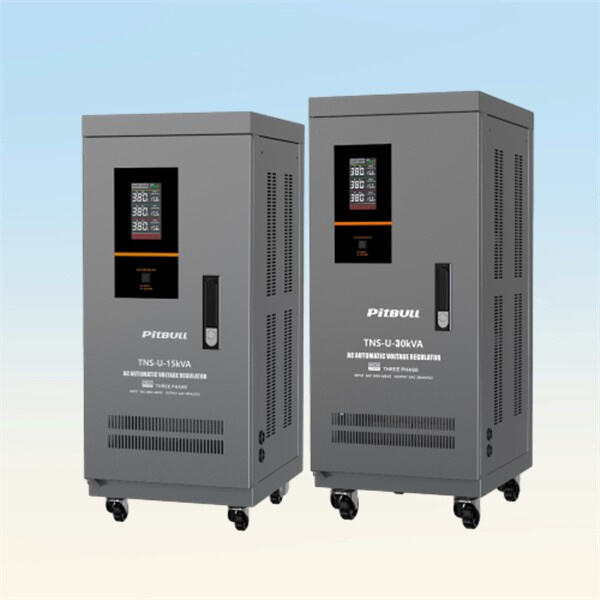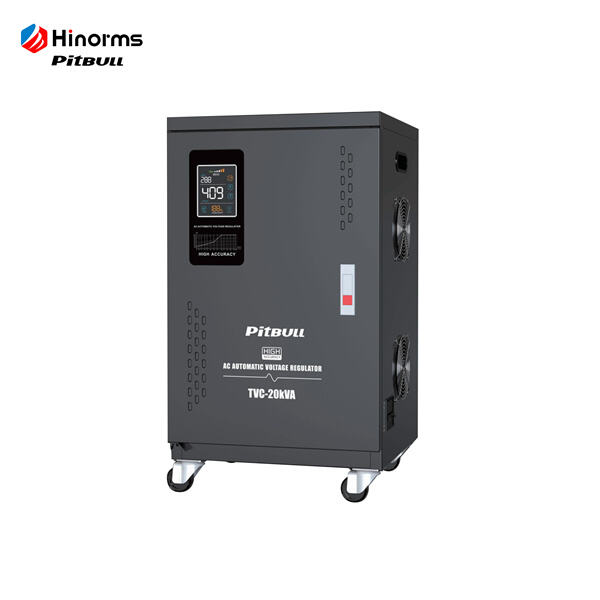An AC voltage controller is an essential device in controlling the quantity of discharging electricity. If we know a little about controlling AC voltage, we can use our electricity more safely and effectively. Discover how AC voltage controllers function and why they're an essential component in industrial settings.
AC Voltage Controllers An AC voltage controller operates by controlling the quantity of voltage supply to a load. This helps regulate how much of this power is used, an important factor in ensuring our electrical devices operate smoothly. The AC voltage controller can be used to protect devices receiving too much electricity by controlling power output.

AC voltage controllers are applied to control power delivered to large machines, as well as appliances in industrial sectors. This keeps the machines operating efficiently and safely, critical to keeping the production line humming along. Machine damage or accidental injury might result if machines ran with excessive current, without AC voltage controllers.

There are different category AC voltage controllers in existence, which have completely different properties and operational aspects. Pulse-width modulation, magnetic amplifiers, or silicon- controlled rectifiers are employed for power control by some AC voltage controllers. You need to select the appropriate type of AC voltage controller for your application requirements to ensure your equipment runs smoothly and safely.

An AC voltage controller, when buying of one, there are some contributory elements. The first thing you need to watch for is the power rating of the controller to ensure it can take on the amount of juice your devices require. You may need to look at the voltage scope of the controller so it could give enough power. Finally, you must also look at the controller functionality (overload protection, adjustable settings) to ensure it fits your application.